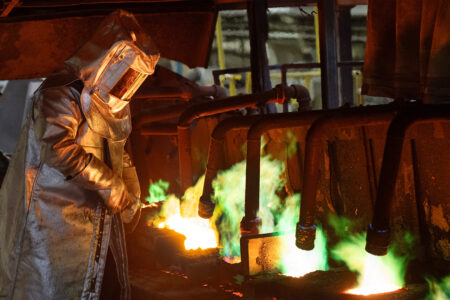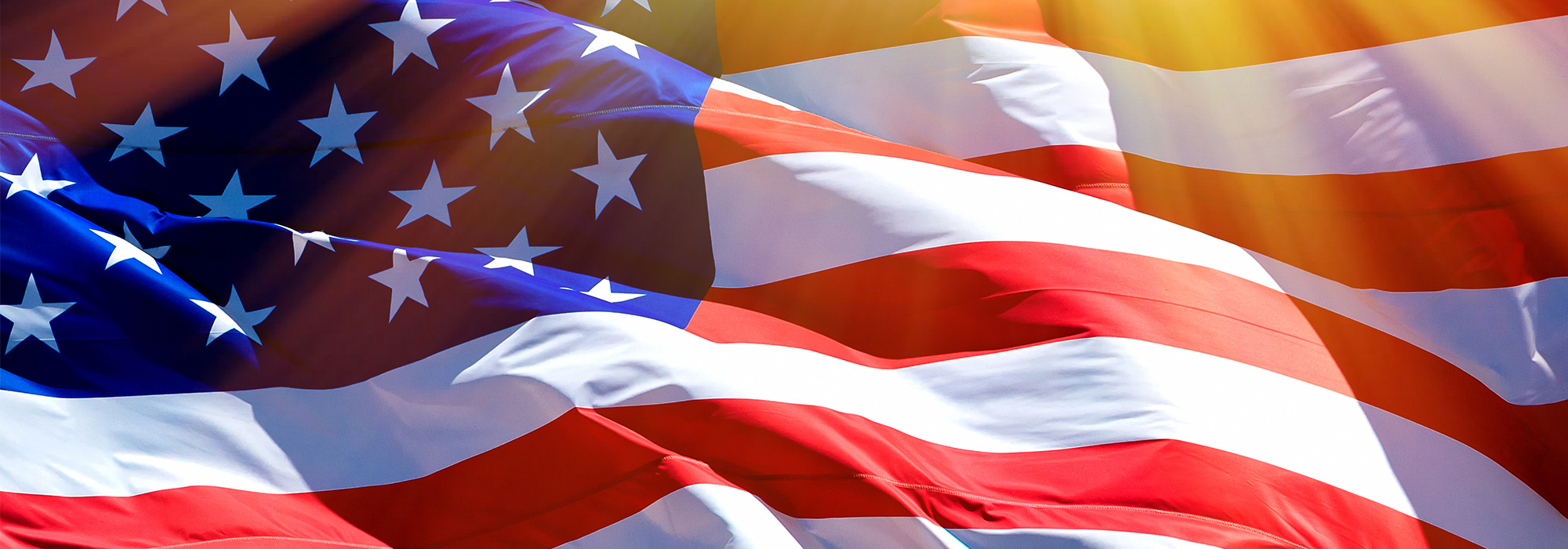
Poor ol’ America. Our BFF (best friend forever) and largest trading partner just can’t seem to catch a break lately, particularly an economic one. With the unemployment rate stuck near 10 percent, millions of mortgages still underwater and consumer confidence only slowing crawling out of the tank, the US has certainly seen better days.
America’s sour mood was manifest in the November mid-term elections. They were a slap in the face to the Democrats, and a boost to the protest-ridden Tea Party Republicans. Folks are unhappy.
On top of all these depressing stories, America’s international partners are ready to tar and feather the US for its bungled monetary policy. Though hardly without sin, China was quick to cast the first stone at Ben Bernanke and the Federal Reserve in December. It sees America’s quantitative easing (a.k.a. printing money) as ridiculous and misguided. Germany called it stupid.
Everywhere you look, the signs point toward the rise of the emerging economies, and toward the slow and painful demise of the US as the world’s largest economic superpower.
But as grim as the economic picture looks, it’s never wise to count the US out. One particular event late last year points to what makes America a great country. The event comes in two letters: the first is G; the second is M.
General Motors has risen from another near-death experience. The American car company that epitomized the incompetence of the US economy is back. In November, GM issued the first initial public offering since it was partially nationalized by Obama back in 2008, when it looked obvious that the company was heading for extinction. Not only was the initial public offering oversubscribed, but the bid price was higher than even optimists dreamed of. Investors are scrambling for a piece of it. Canada’s 20 percent share of the bailout turns out to be equity, and Ottawa may get its $10 billion back as it sells off its stake. It also turned out to be the right policy decision — keeping the North American industry in Canada.
It turns out that when it really counted, GM proved it could turn itself around. It’s risen from the ashes once again and is doing what the Japanese, German and Korean car companies have been doing for ages: it is producing cars that consumers actually want to buy! It’s a cat with nine lives.
And GM isn’t alone. The other two American auto giants are doing all right, too. And Ford, which admittedly did not need the US taxpayers’ bailout in 2008, is heading for one of its most profitable years in its history, although it missed its whisper number in the last quarter.
America — or at least American enterprise — seems to shine brightest when it is under enormous pressure to perform. It almost needs crisis and extreme duress to enact tough changes.
Are GM and the American auto giants symbolic of American ingenuity and innovation? Are other US companies, its citizens and indeed its government capable of the same remarkable turn-around under pressure? It’s difficult to know for certain, but past experiences in the US suggest that they have a fighting chance.
For all the dysfunctional personality traits of Americans that non-Americans like to harp on, they do possess some remarkably useful characteristics, such as entrepreneurialism, optimism and tenacity. And they have an almost annoying degree of individual responsibility. These qualities are in short supply in many of the world’s great countries, but they are in the DNA of the United States.
If the re-emergence of GM as a viable corporate giant is any indication of what’s possible down there, America will be back. It may take a bit of time, but it is the largest, most innovative, most creative, most self-reliant and most determined country in the world. Yes, its massive government debt is a worry, and it will have consequences in the future. China and India will continue to emerge, and Brazil will have its day in the sun. But the US will be back.
A lot hangs in the balance for Canada. If the American economy is not strong, Canada won’t do well. We have no choice but to join in the fist-pumping chant: U-S-A! U-S-A! U-S-A!!
Photo: Shutterstock









